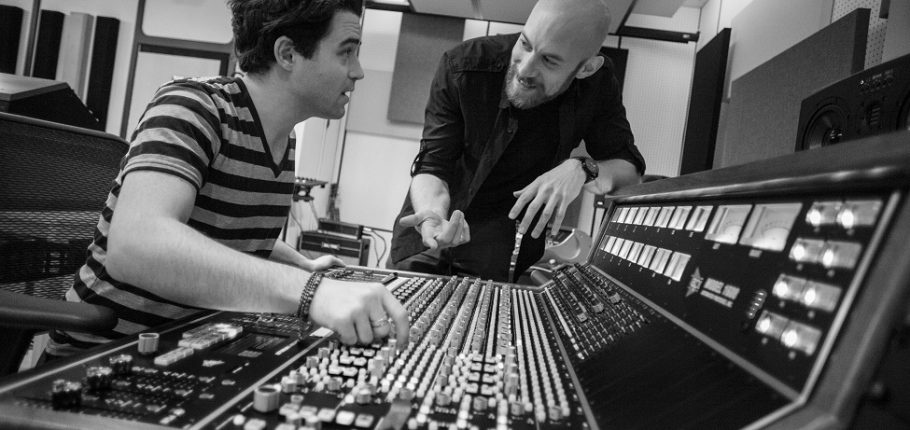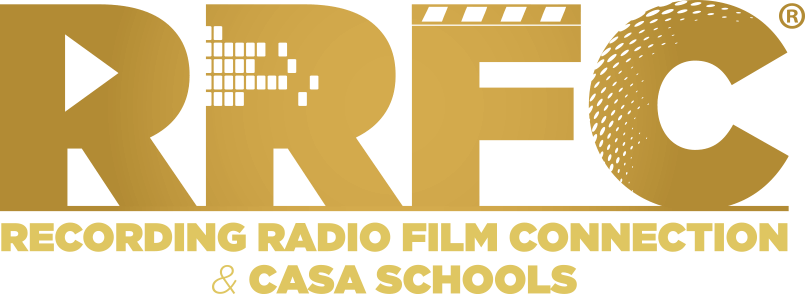
How To Build Rapport With Clients
Working as a music producer or audio engineer presents many challenges. You have to be able to juggle multiple tasks at once including: discerning the artists’ creative vision, executing work flawlessly, and giving the client what they want while leaving them with the most positive impression possible. When approaching studio work with a client their overall takeaway is going to have something to do with the “soft skills” you bring with you i.e. your ability to build rapport and communicate, your personality, and your overall likeability. Building a solid rapport with your clients greatly boosts your chances at them 1) really and truly communicating with you and 2) getting them to trust you and think highly of you.
Here are a few tips to help.
Ask Questions
The easiest way of approaching this is to just ask questions. Ask questions of your client, some personal some professional. Ask them what they’re looking for out of the song? Ask them how they feel about where the project is at? Ask them what they’d like to do differently? Ask them what they think the strongest parts of the song are? These are all good ways to get on an even playing field with your client. Listen to their responses, and then tailor your workflow to their desires.
Share Personal Stories/Anecdotes
A free flowing exchange of information is the best way to really cement a relationship. That said, sharing personal facts and anecdotes should be part but not all of the “exchange.” The goal is to let your client see your human side. That said, you do not want to overshare or dominate the conversation. If an anecdote you share prompts your client to start talking about themselves, listen and ask more questions. This will only work to cement that relationship. Some stories are suitable to share with other audio engineers but not the talent, so use caution when sharing and make sure you never run the risk of making yourself sound inept when it comes to the craft. Over time you’ll become a pro at knowing which anecdotes play well, which should remain in the vault.
Suspend Your Ego
Suspending your ego is one of the most important components to working with clients. Even thinking you are superior or more “in the know” is best left well outside of the recording studio. People seem to have a sixth sense when it comes to detecting a big ego. In order to really engage with artists you need to build trust and coming off like a know it all or Mr. or Ms. All About Me is just about the worst thing you can do. Never forget recording is a service industry in which the client is paying you to be their teammate and there is no “i” in team now is there?
Be Consistent and Accountable
Want a skill that will really set you apart from the rest? Get known for being trueblue. Show up early to everything. Be consistent about everything you do and when and if you’re wrong or mess-up, be accountable. In today’s world all of the things our fathers and their fathers would have laid down as rules for success still hold true. Nevertheless, a vast majority of newbies are running around doing everything but being people of their word. Just think about it, what paying artist wants to have to wait around for someone to show up so they can lay down a few tracks? Who wants to work with someone who may be great one day but totally off their game the next? And who wants to work with someone who can’t admit it when they’re wrong? Get old-school; distinguish yourself as Mr. or Ms. Reliable and that’s something clients will value.
In summary, it’s all about trust. Building a good client relationship is all about developing an emotional safety net. It’s all about you showing that you’re capable of catching them when they fall, over and over and over again. Your job is to develop a relationship that’s so tight with your client that when you say “I’ll catch you,” they’ll believe you unconditionally. Get to that place and you’re in prime position to make some good music.
Having Conversations with Creative Professionals.



